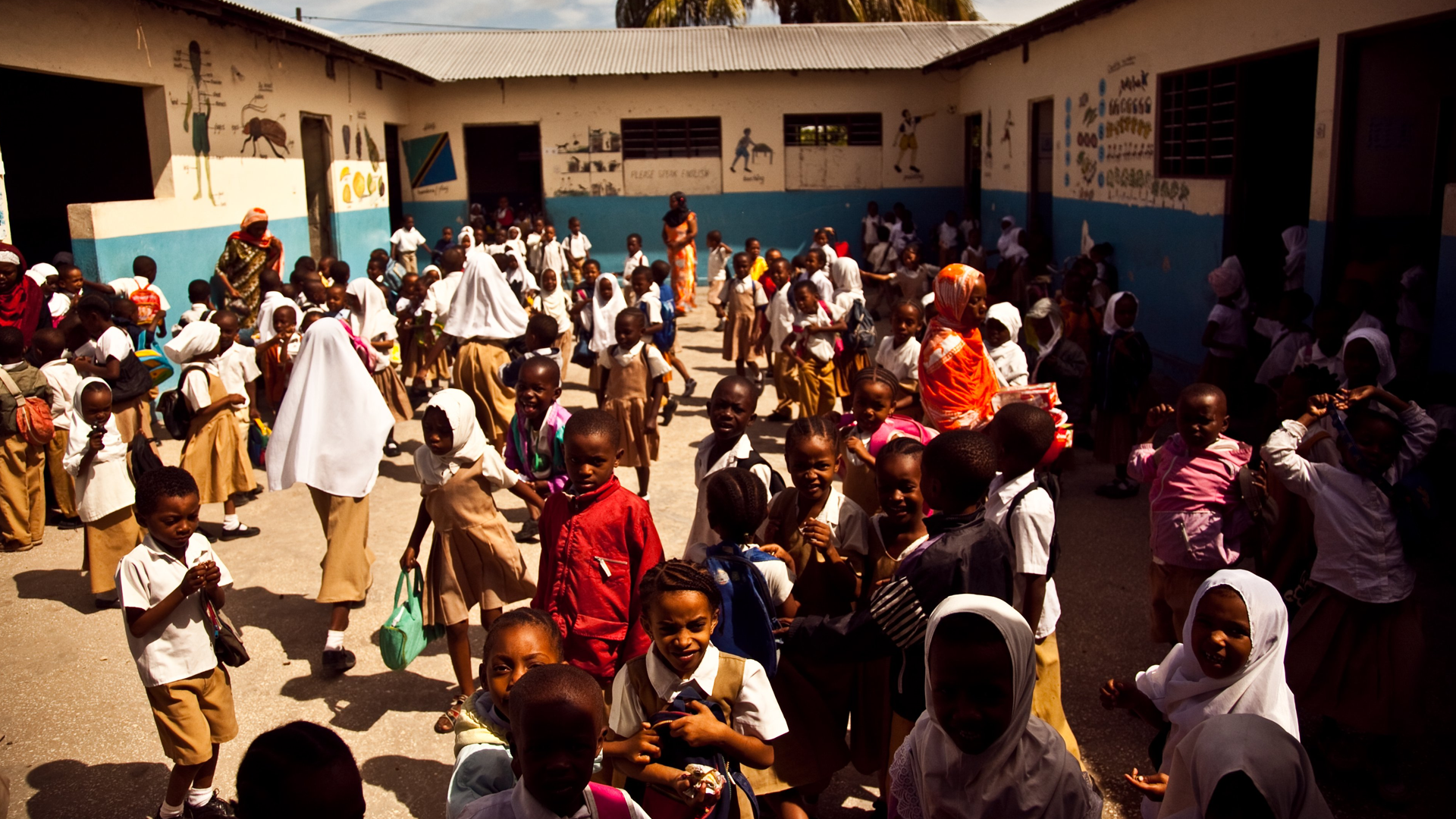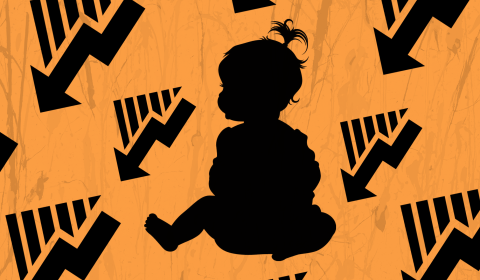On Wednesday, Tanzania lifted a ban on pregnant students and teenage mothers continuing with their studies that had been in place for 19 years.
Speaking in Dodoma, Tanzania’s Education Minister Prof Joyce Ndalichako said the government will allow all students who dropped out of school due to pregnancy related issues and other reasons to resume classes.
The Ministry further assured that the affected students could resume school within a two-year period. If a teen mother doesn’t apply in time, they can enroll at a paid-for education centre majorly supported by the World Bank.
Initially, the government had set up a parallel education system for pregnant girls to protect other students from ‘bad influence.’
The law initially passed in 2002 and was reinforced by the late President John Magufuli in 2017, allowing expulsion of pregnant girls from school even after giving birth.
Both human rights activists and international bodies slammed the government on its move to deprive girls of their right to basic education. In 2017, the World Bank froze a $300m loan for girl’s education protesting against the ban while Sweden in 2020 cut its funding stating girls’ education was more important for the success of the country.
After the new announcement, in a statement, the World Bank said it ‘welcomes the removal of barriers’ and the renewed support for girls and young women.




















